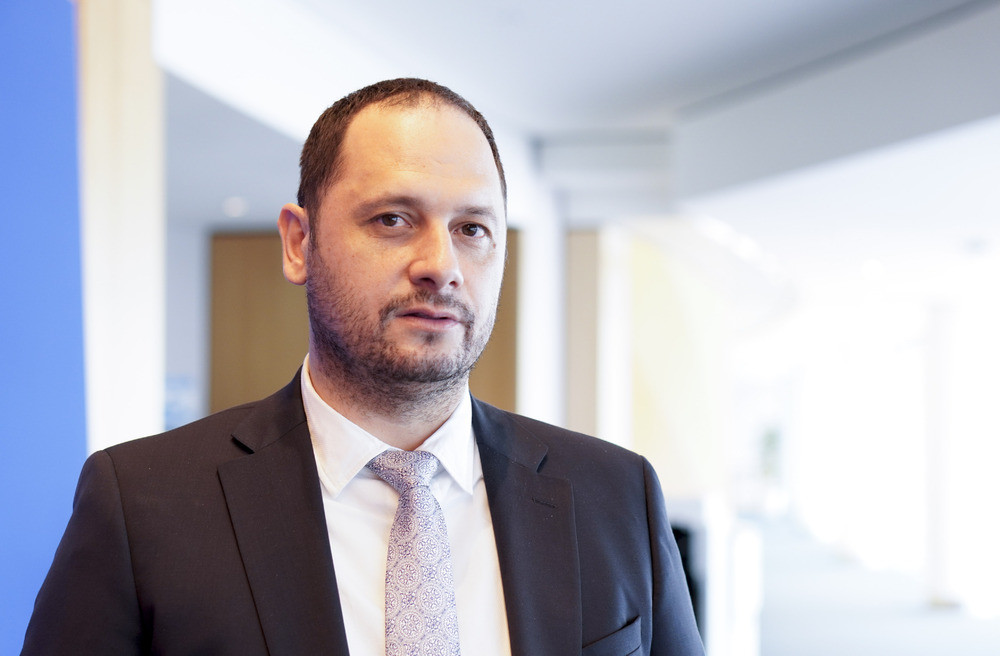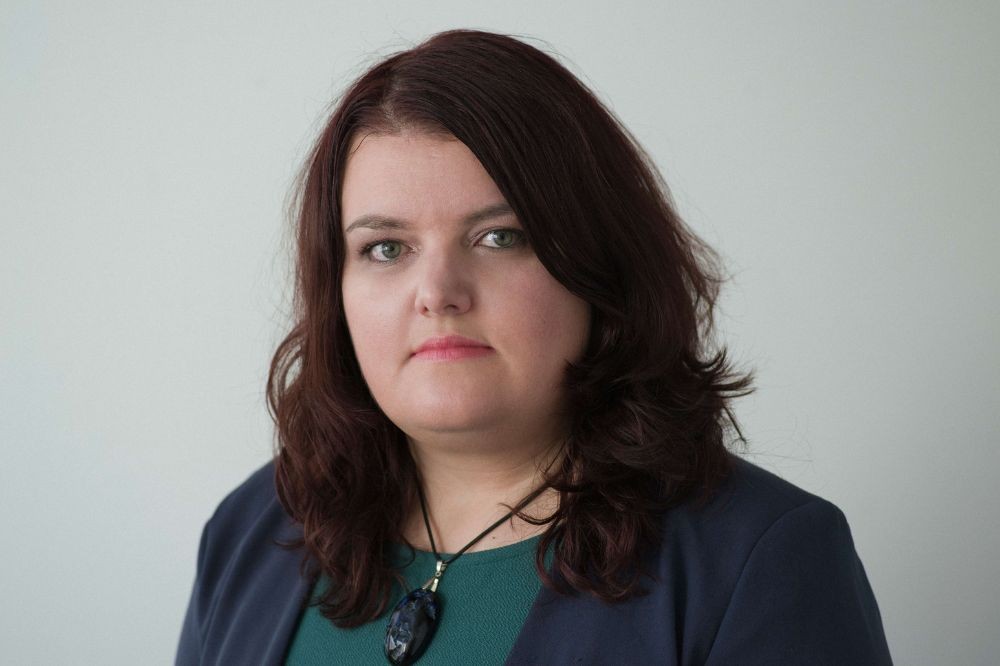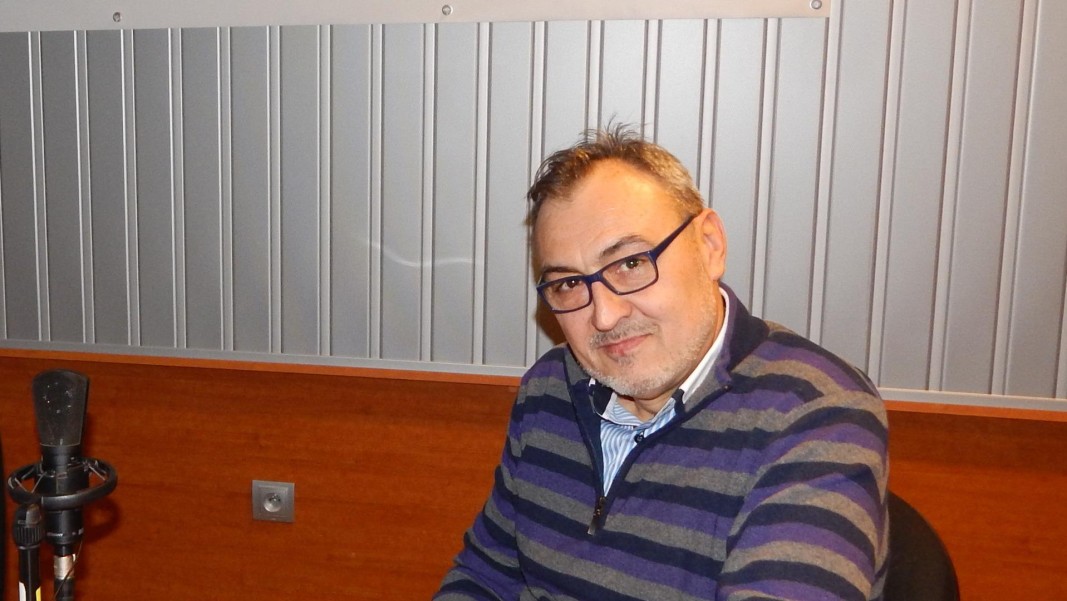One in four Bulgarian children are growing up without their parents because they are working abroad, MEP Petar Vitanov stated during a conference dedicated to the social consequences of European mobility and the children who get left at home. Vitanov cited data by the Bulgarian Academy of Sciences, which indicate that the problem is most severe in several regions of the country, one of them – Northwestern Bulgaria, where up to 60% of minors are left in the care of grandparents, relatives or even neighbours while the parents are working in other countries.
Petar Vitanov pointed out that these children face a number of behavior-related risks as they grow up, as well as risks regarding their future motivation as adults. What steps need to be taken is absolutely clear, but carrying them through is quite another matter, Petar Vitanov says in an interview with BNR-Vidin:
“There are entire regions where such children account for more than 50% of all children. Obviously, grandmothers and grandfathers love their grandchildren very much, yet they are hardly likely to be able to meet the requirements the children have. According to expert data, this phenomenon leads to a deterioration in the condition of the children in many different ways. First, they start doing poorly at school. Quite a few of them have encounters with the juvenile delinquency commission, alcohol and drugs are also a frequent occurrence. Some of these children are actually well-off, but money cannot make up for all other things that are missing. Because of this, once they grow up, these children do not want to work, and this is one of the reasons why in Bulgaria there is such a high percentage of young people who neither work nor study.”
Being the poorest region of the EU, in Northwestern Bulgaria the problem is very visible. One of the most logical steps that can be taken to overcome it is to improve the welfare of the people.
“There are data that if the average wages in Bulgaria constitute approximately 70% of average European levels, migration would stop of its own accord. We are still at the level of 55% of the average European incomes, so we have to step up the process of convergence and catching up,” Petar Vitanov says and adds that that is easier said than done.
There is a way out of this situation, the MEP says, but the solution to this problem is in the hands of the state authorities – they must promote economic activity in certain regions.
We know that one in four children is being looked after by a relation instead of the parents, but there are no precise data who these children are and where they are so the necessary support can be targeted, comments Plamena Nikolova, expert at the National Network for Children. 
“The so-called euro-orphans – the children of parents who are working abroad – are a growing, yet anonymous group of children who do not fall under the standard description of “children at risk” or children in need of specific support. Yet that is exactly what they are. Because the system is not well articulated or constructed, it turns out that if they want to transfer custody of a child to another relative, the parents literally have to give up their own parental rights, and that is something that scares people. Because of this, and also because of the complicated and cumbersome system, children are very often left without health care.”
“When the parents go abroad, they leave the family environment. The absence of the mother and the father is experienced and perceived by a younger child as disintegration, collapse of the family,” says psychologist Kiril Kunchev.
What the psychologist recommends is that if the parents plan to travel – for a brief or for a longer period – they should consult an expert who can help the child overcome the trauma and reduce the problems ensuing from such a life- changing event.
Teodora Makaveeva, BNR-Vidin
Editing by Yoan Kolev
Translated and posted by Milena Daynova
Photos: Facebook /Petar Vitanov, Press office Petar Vitanov, National Network for Children, Svetlana Stoenelova, BNR-Vidin
The Bulgarian minority in Romania marked a significant event with the official opening of the Bulgarian Inn in the village of Izvoarele (Hanul Bilgarilor), Teleorman County (Southern Romania)- a locality with Bulgarian roots dating back over 200 years...
The 14th edition of DiVino.Taste, Bulgaria’s leading forum for wines and winemakers, will take place from 28 to 30 November at the Inter Expo Centre in Sofia. Over 80 producers from all wine regions will participate, offering tastings of around 600 of the..
Minutes before the second and final reading, at the parliamentary budget and finance committee, of the state budget for 2026, the leader of the biggest party represented in parliament GERB Boyko Borissov halted the procedure and sent the draft bill..
The Bulgarian minority in Romania marked a significant event with the official opening of the Bulgarian Inn in the village of Izvoarele (Hanul..

+359 2 9336 661
